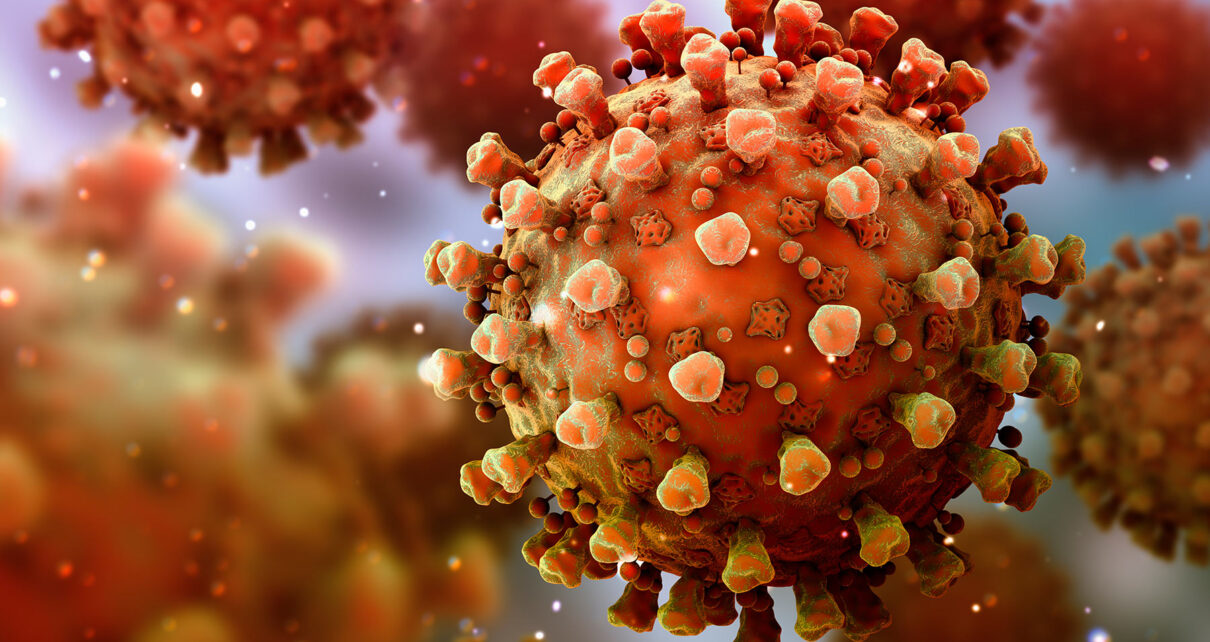With India’s Covid-19 crisis deepening day-by-day, reports now say that a triple mutation strain has been traced in parts of India.
After the double mutation, the triple mutation B.1.167 (meaning three different Covid strains combining to form a new variant) has been detected in parts of the country including, Maharashtra, Delhi and West Bengal.
“This is a more transmissible variant. It is making lots of people sick very quickly,” said Madhukar Pai, professor of epidemiology at McGill University.
“We have to keep tweaking vaccines. For that we need to understand the disease. But we need sequencing on war footing,” said Dr Pai.
According to Dr Pai, the delay in detecting the double mutation may have contributed to the current virus spurt.
Notably, the double mutant strain of coronavirus was first detected in October 5 last year through genome sequencing of a virus sample and experts believe that it triggered the recent rapid surge of second Covid wave.
More studies are required to establish how infectious or deadly the triple mutation can prove to be, for now, only 10 labs across India are involved in virus genome studies.
Experts call for faster Genome sequencing
Genome sequencing which is the study of genetic structures of an organism and the changes happening therein, produces a wealth of information that can throw light on the origins of the virus, the routes it has taken to reach a particular geography and the changes, or mutations, that are making the virus stronger or weaker. Not only that, genome sequencing is also crucial for development of drugs and vaccines to control the pandemic.
Two of the three variants in the triple mutation are more resistant to antibodies and not much is known yet on the effectiveness of vaccines. Scientists do believe the new variant contains the ability to escape the body’s naturally acquired immunity to COVID-19, according to a report.




